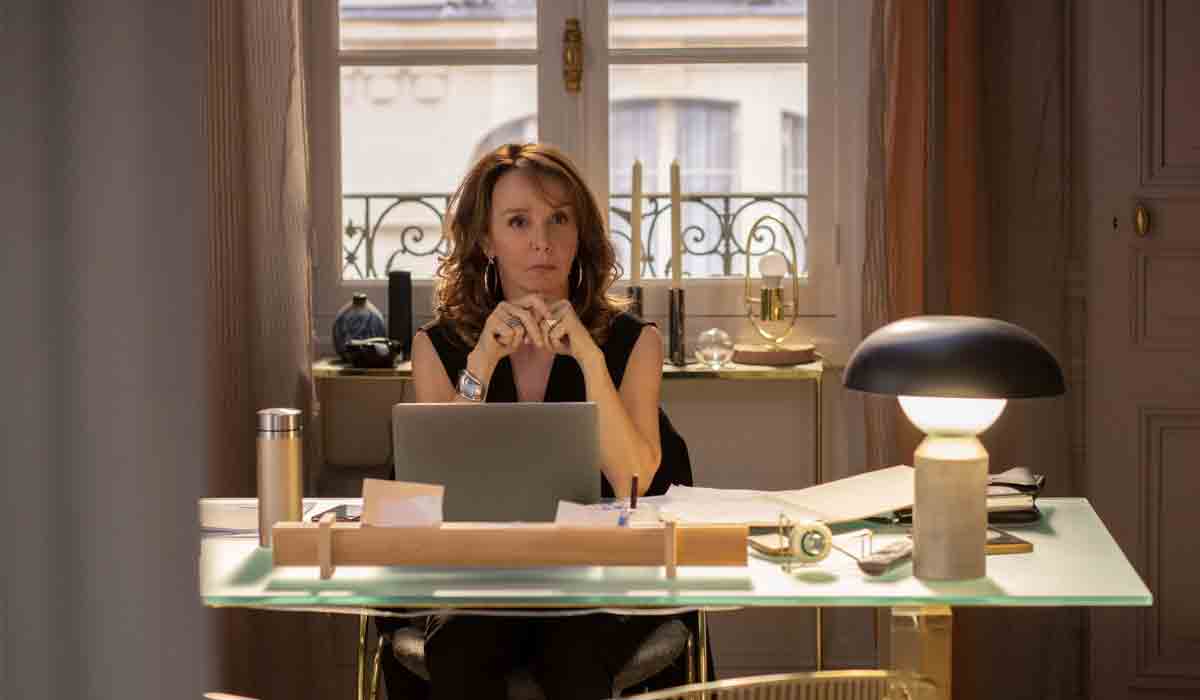From Traditional Bosses to Modern Colleagues
In the ever-evolving landscape of the modern workplace, the dynamics of corporate relationships have undergone a significant transformation. Gone are the days of rigid hierarchies and authoritarian bosses. Today, a new era has emerged, where collaborative teamwork, mutual respect, and open communication are key pillars of successful organisations. In this blog, we will explore the changing nature of corporate relationships, particularly focusing on bosses, seniors, colleagues, and their impact on your career growth. Additionally, we will delve into how Indian cinema portrays these relationships, showcasing a range of character traits and their influence on workplace dynamics.

The Shift from Traditional to Modern Bosses
In traditional corporate setups, bosses were often seen as authoritarian figures who wielded power and control over their subordinates. However, the modern workplace demands a different approach. Today’s bosses are expected to be more inclusive, approachable, and open to diverse perspectives. They understand the importance of fostering a positive work environment that encourages creativity, innovation, and employee growth.
Modern bosses prioritize mentorship, providing guidance and support to their team members. They recognize the value of empowering employees and delegating responsibilities, allowing individuals to contribute meaningfully to the organization. By nurturing a culture of trust and collaboration, these leaders create an environment where everyone feels valued and motivated to perform their best.

Collaborative Relationships with Seniors and Colleagues
In the modern office, relationships with seniors and colleagues are no longer limited to formal interactions. Collaboration and teamwork have become fundamental aspects of achieving organizational goals. In this context, it is crucial to build strong relationships based on mutual respect and effective communication.
Seniors and colleagues should engage in regular knowledge sharing, encouraging each other’s growth and development. By fostering a culture of cooperation rather than competition, teams can leverage diverse skills and perspectives, leading to enhanced productivity and innovative solutions. Building meaningful connections with colleagues also promotes a positive work environment, fostering a sense of camaraderie and collective achievement.
Indian Cinema’s Portrayal of Bosses and Colleagues
Indian cinema has long been a reflection of society, portraying various aspects of workplace relationships, including the dynamics between bosses and colleagues. From arrogant and suspicious bosses to romantic and witty ones, these portrayals serve as a reflection of the diverse personalities encountered in real-life office settings.
Arrogant bosses depicted in Indian cinema often highlight the challenges employees face when dealing with authoritarian figures. These characters showcase the need for resilience and the importance of maintaining one’s integrity in the face of adversity. On the other hand, romantic and witty bosses depict more approachable leaders, emphasizing the power of positive relationships in the workplace.

Arrogant bosses depicted in Indian cinema often highlight the challenges employees face when dealing with authoritarian figures. These characters showcase the need for resilience and the importance of maintaining one’s integrity in the face of adversity. On the other hand, romantic and witty bosses depict more approachable leaders, emphasizing the power of positive relationships in the workplace.
The Impact on Career Growth
Corporate relationships play a vital role in shaping an individual’s career growth. Positive relationships with bosses, seniors, and colleagues can open doors to new opportunities, mentorship, and professional development. A supportive network can provide guidance, constructive feedback, and connections that propel one’s career forward.
Conversely, toxic relationships can hinder growth and negatively impact job satisfaction. Unhealthy workplace dynamics, such as lack of communication, trust, or respect, can create a hostile work environment, leading to decreased motivation and productivity. Recognizing and addressing such issues is essential to ensure personal and professional growth.
Conclusion
In the modern corporate world, the dynamics of relationships have undergone a significant shift. The traditional hierarchical structure is being replaced by a more collaborative and inclusive approach. The evolution of bosses, seniors, and colleagues in the workplace reflects a growing emphasis on trust, respect, and open communication. Building positive relationships can significantly impact career growth, fostering a supportive environment that encourages personal development and professional success. By understanding and embracing these changes, individuals can thrive in the modern workplace and contribute to the overall growth of their organizations.

























